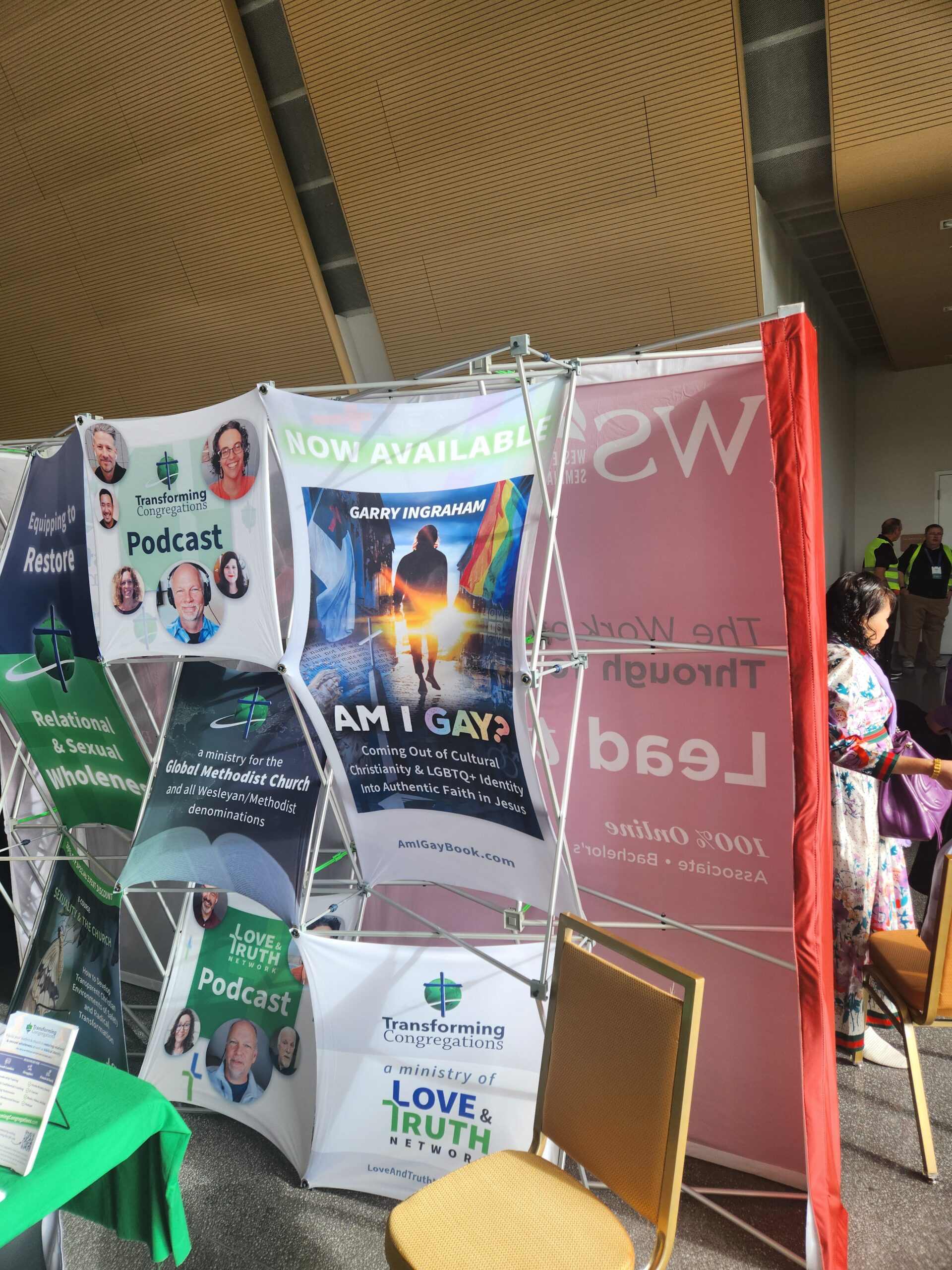“So the World Will Know” What?
I was afforded the opportunity to represent the Christian Recorder at the Global Methodist Church’s Convening Conference in San José, Costa Rica. The Global Methodist Church is a newly established Methodist denomination as of May 1, 2022. In an era of ecclesial decline and religious disaffiliation, the birthing of a new denomination, especially a rapidly growing one, should be exciting news! The spreading of good news in our politically charged, racially unjust, inequitable society should be celebratory news. A church willing to take its largest conference to the most poverty-stricken areas should be praiseworthy news!
Having attended, I experienced a church with a serious global mission to spread the gospel. Their mission is evidenced in the name “Global Methodist Church” and its convening conference theme, “So the World Will Know.” I was amazed at their choice of location, their virtual inclusion of visa-denied delegates, and their commitment to inclusion by providing documents in Spanish, Portuguese, Korean, Swahili, French, and English. I spoke with global methodists from Europe, Portugal, Liberia, Zimbabwe, Georgia, Alabama, and Texas; all welcomed me and were excited that the Christian Recorder was covering them.
Indeed, this is a global church spreading the word of God in a new way so the world will know, but what will the world know? Will the world know that God loves all and that all are welcome? Will the world know that every person, regardless of sexual orientation, gender, class, and race, is a creation of God? Unfortunately, the answer is no. These issues were not addressed in the legislation or the denomination’s constitution. Still, conversations in the hallway, booths in the narthex, and hats worn by a few entering delegates revealed that even in a global church, all are not welcomed. Several books, most notably Am I Gay?: Coming Out of Cultural Christianity & LGBTQ+ Identity into Authentic Faith in Jesus, written by Garry Ingraham, and a few members who commented that the Board of Ordained Ministry of the United Methodist Church failed the church by not vetting clergy such as Bishop Karen P. Oliveto, the first openly lesbian bishop in The United Methodist Church, before ordination.
After the comments and conversations, I wonder how much of the inclusivity and intentionality is mere marketing and appeal to cover a deeper issue of exclusion. True inclusivity should go beyond surface representation—it requires a more profound commitment to structural change, self-reflection, and accountability. Organizations or communities that prioritize inclusion need to be willing to examine their internal biases, remove barriers, and actively make space for historically marginalized voices. What exactly will the world know?





